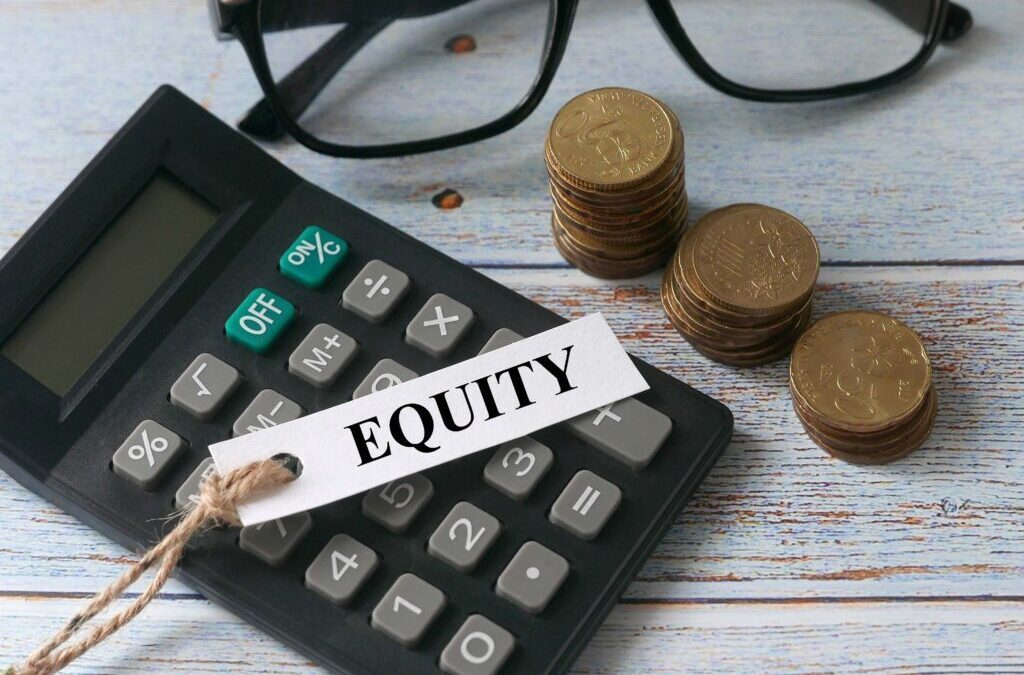Understanding the structure of private equity firms can assist in determining whether they are a good fit for a company’s needs when it comes to raising funds or selling the company.
In exchange for ownership (equity) holdings, private equity (PE) refers to medium to long-term capital invested in largely unlisted (private) enterprises. The funds are raised through partnerships that private equity firms manage. Limited partners (“LPs”) and general partners (“GPs”) comprise PE businesses.
The LPs, which are made up of institutional investors like pension funds and high-net-worth people, provide the capital. Their liability is limited to the amount of money they contribute. Although no PE firm wants many LPs with small commitments, there is normally no absolute minimum. Nonetheless, some LPs make a minimum investment of $1 million (Sh2.3 billion).
GPs obtain capital commitments from LPs and manage the PE fund professionally, investing the pooled capital. General partners take over the investing cycle. While LPs are not engaged in picking which firms to invest in (GPs do that), LPs may decide not to invest with the PE fund again if they are unsatisfied with the GP’s returns.
Keep in mind that most private equity firms are structured as limited liability partnerships (LLPs) — a structure that Tanzanian law currently prohibits – or companies limited by shares or contractual type funds. PE funds have a limited lifespan of 7 to 10 years, with two one-year extensions available, although the lifespan does not begin until significant capital is raised.
Formation, raising capital and establishing a team, sourcing deal flow, managing and improving the portfolio, and exiting investments are all stages that a fund goes through—these stages and the funds overlap. As a result, a private equity company may be managing and exiting a previous fund while raising a new one.
For example, Mtuntwi Private Equity will establish Mtuntwi Fund I and begin sourcing deal flow and making investments (acquisitions). After a few years have passed, and the vast majority of the capital from Fund I has been invested, the firm will restart the process and raise Mtuntwi Fund II.
However, how does the PE company fund its operating expenditures, such as payroll, research services, deal sourcing services, office space, marketing, travel expenses, and so on? The GPs deduct a management fee from the LPs’ capital contribution to offset these costs. Annual management costs are typically around 2% of the fund’s total assets.
Let’s go back to our example. Let’s pretend that Mtuntwi Private Equity raised a $300 million fund with a 2% management fee. The GPs would deduct US$6 million from the LP’s capital each year to cover expenditures. As a result, the PE firm would receive US $60 million in expenses from the LPs throughout the fund’s 10-year existence. In reality, just $240 million of the $300 million funds would be invested.
Aside from the management fee, the GPs are paid a portion of the fund’s profits, which can be in dividends, for example. An agreement between the LPs and the GPs governs the distribution of revenues. The “carry” or “carried interest” is the portion that GPs receive. Carried interest is a minor problem that has taken center stage in numerous countries’ parliamentary debates.
Finally, contractual provisions defining what a PE firm can and cannot do are usually included in the agreement between LPs and GPs. The fund’s lifespan, management fees for the fund manager, profit split method, and restrictions placed on the GP, such as sector emphasis, size of investments, or geographical area of assets, are all important features. Limited partner advisory committees (LPACs) are frequently used by PE funds to guarantee that the GPs’ motivations are aligned with the fund’s investment objectives.
Send us a message using our online contact form if you have further questions about anything discussed in this blog post.
Shikana Group has expertise in a variety of investment advisory services, including:
- Market entry services
- Advocacy and strategic communication
- Research, Policy & Industry Insight Services / Risk Management
- Investment Origination Services / Due Diligence
- Fund and Capital Raising Services
Contact us and see how we can assist you best.


Recent Comments